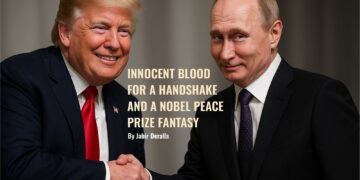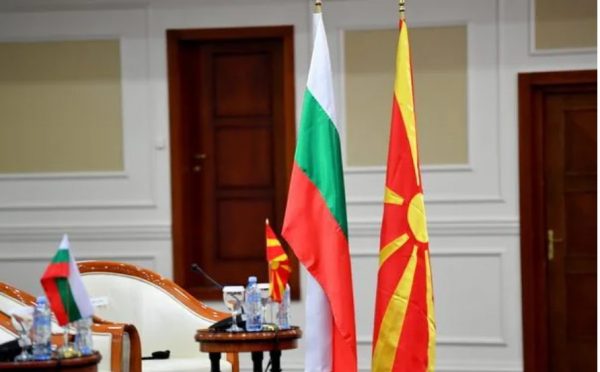As expected, Bulgaria vetoed the holding of the first intergovernmental conference with North Macedonia, thus also preventing a decision on Albania. Germany’s EU presidency, however, assures that the start of the process is only a question of time, MIA’s Brussels correspondent reports.
To German Minister of State for Europe Michael Roth, who chairs the EU until the end of the year, this veto is both a personal disappointment and a threat to the security of the entire region, and Europe in the long-run, he said after Tuesday’s EU ministerial meeting.
“The European Commission has proposed a negotiating framework, and it’s no longer about if and it’s a question of when we would formally open the negotiating chapters. Again, I would like to signal a bit of optimism, because it’s a single country, one country only who was not able to agree to the negotiation framework and that framework has to be agreed to by 27 member states and also North Macedonia. I’m pretty sure that our partners in Skopje will not be discouraged,” Roth told the press conference on Tuesday.
According to him, it’s a question of time when the negotiating framework for North Macedonia will be approved, and he’s also counting on the Portuguese EU presidency, though it remains unclear what he bases his optimism on and whether there are any signs from Sofia that the government there would back down.
“To my immense disappointment, we haven’t yet got the common negotiating framework and council conclusions yet. That is a bitter blow to our Western Balkans policy, the aim of which is to foster peace, stability and democracy in the Western Balkans,” Roth stated.
He said he hoped that in the next few days, “or at the latest during the Portuguese presidency of the EU, which starts in January, the necessary breakthrough can be achieved”.
There’s no doubt for the EU that North Macedonia belongs to the European Union, the German Minister pointed out.
“There’s no need to have a plan B for the accession perspective for North Macedonia. It’s just a question of when we can start that. And I sure that we will be able to overcome this difficulty. I am sure you can feel my very personal disappointment, and the Foreign Minister of European Affairs and the Chancellor (Markel) herself have been committed to this process, but we were not able to be as successful as we would have hoped. I have always felt that I had a huge amount of support from other member states, the Portuguese Presidency has also expressed best wishes and you can certainly rely on the Federal Government to meet the challenge and to continue towards stable democratic commitment and also we would achieve reconciliation and agreement in the Western Balkans,” said Roth.
Roth’s statements leave room for a possible compromise by the end of the year, although chances are slim. Still, a summit of EU leaders is due later this week, where Chancellor Angela Merkel will again have the opportunity to talk to her fellow EPP member, Bulgarian Prime Minister Boyko Borissov.
Diplomats in Brussels voice hope that this meeting could have some result.
Yet, the European People’s Party is still silent on this issue, and it’s unclear whether it is a matter of tactic or a lack of interest.
Asked what is the position of the EPP, the largest political party in the EU and the most influential in all EU institutions, on the blockade of negotiations with North Macedonia, their press service briefly told MIA on Tuesday “we have no comment”.
The European Parliament’s Committee on Foreign Affairs will discuss the pending opening of the EU accession negotiations of North Macedonia in a first committee debate, with Foreign Affairs Minister Bujar Osmani, on Dec.10.















